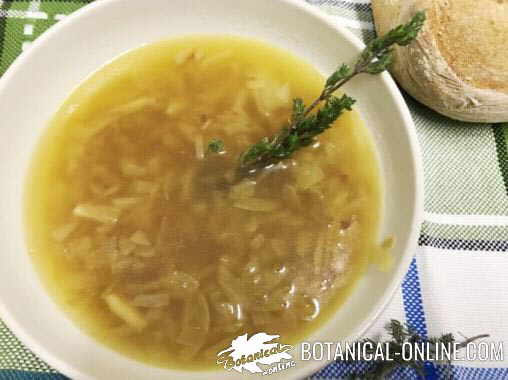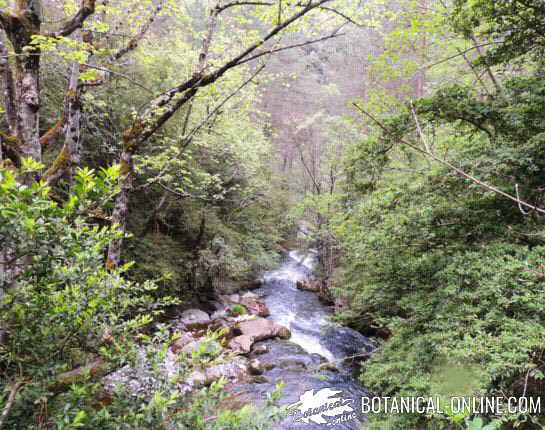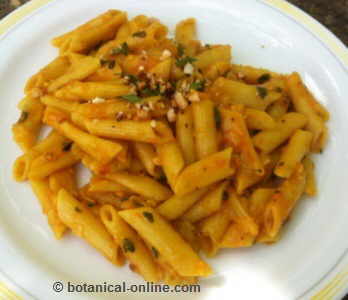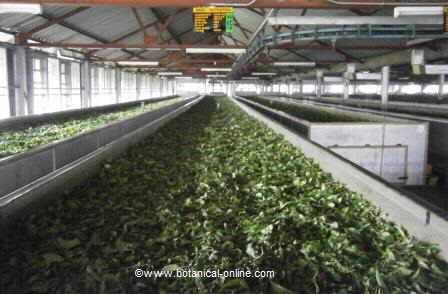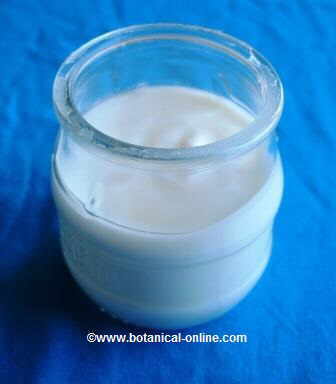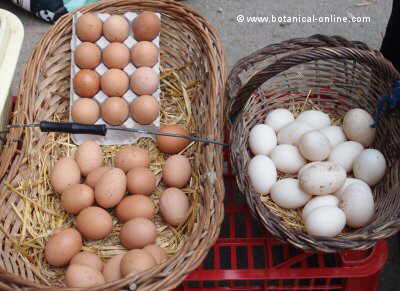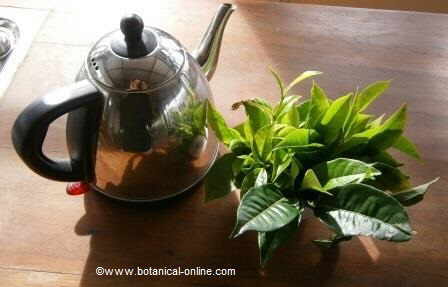Contents
DANGER OF CASSIA PREPARATIONS
Is cassia a poisonous plant?
No, senna or cassia (Cassia acutifolia) is not a toxic plant.
However, its use should be limited as it has severe effects as a stimulant laxative. It increases the water content of feces and causes contraction of the muscles lining the colon, forcing the evacuation of fecal bolus.
Its main side effect is that it can cause dependence: the muscles lose their tone and bowel function may be affected.
Senna or cassia is not a remedy for people with chronic constipation because symptoms worse.
Components of cassia
– Senna contains anthraquinone glycosides. These components are stimulants of muscle that surrounds the intestines and colon, and its effect is strong laxative. We can also find the same substances in other plants for constipation, such as cascara sagradas and buckthorn (Rhamnus frangula)
These components also cause the intestine to retain more water, so the stool will be more liquid and in turn better excretion.
Before taking sen
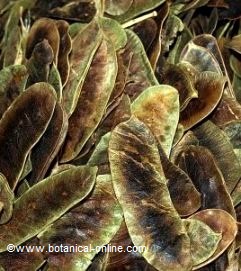
Senna fruits
Also read the contraindications and side effects of cassia that you will find in the top list of this page.
- Only a doctor should prescribe this type of remedy.
- Do not perform treatments longer than 7 days.
- Do not take senna during pregnancy and lactation.
- Do not give this medicine to children under 6 years.
- Do not take senna if you are on medication. This plant causes less absorption of drugs and can enhance the effect of some. Neither combine with other remedies or laxatives plants.
![]() More information on cassia.
More information on cassia.

